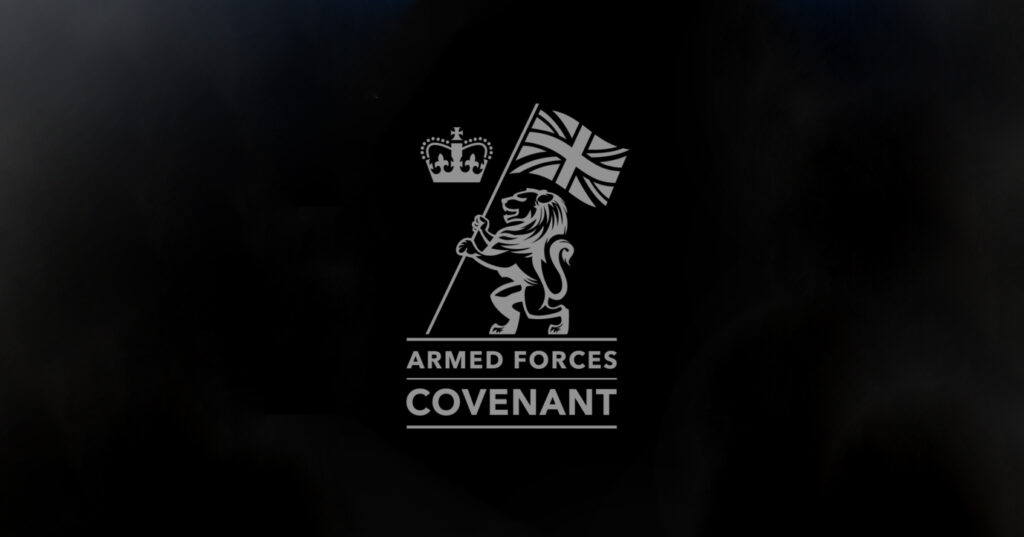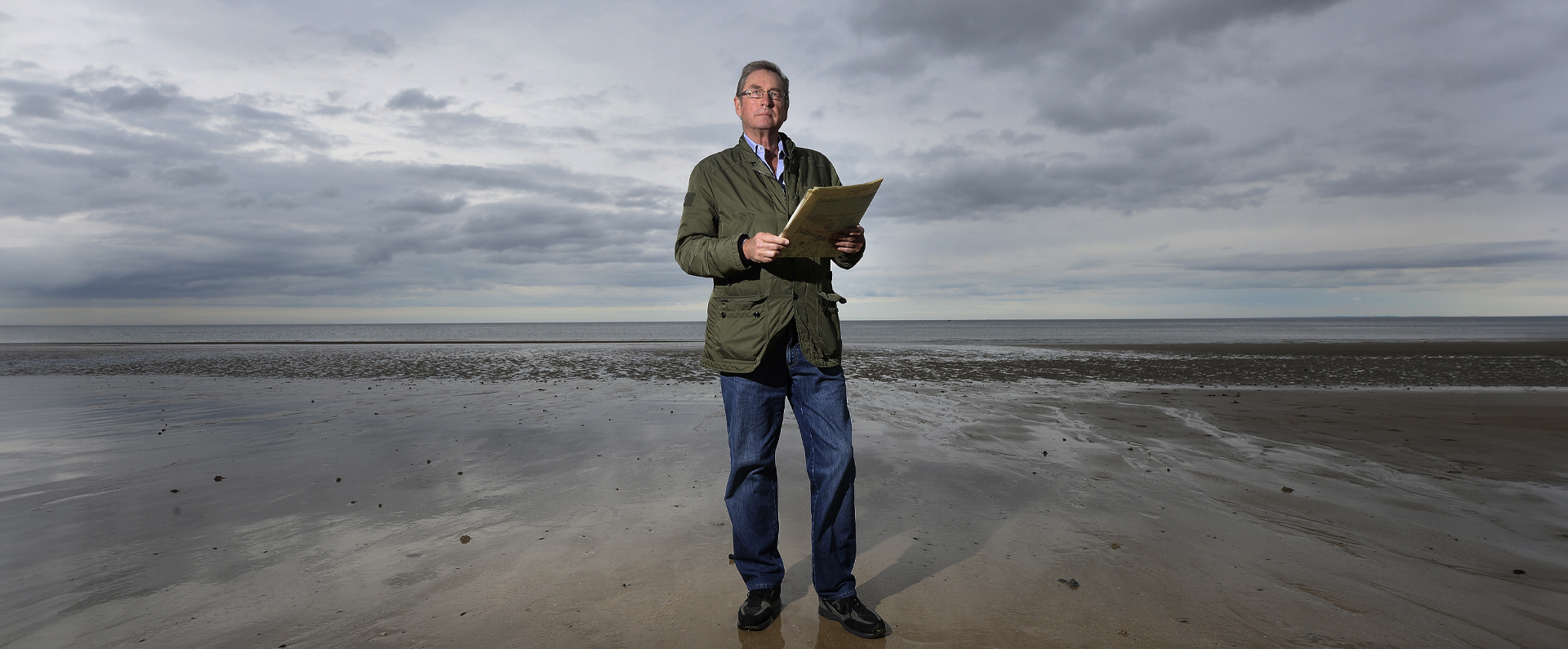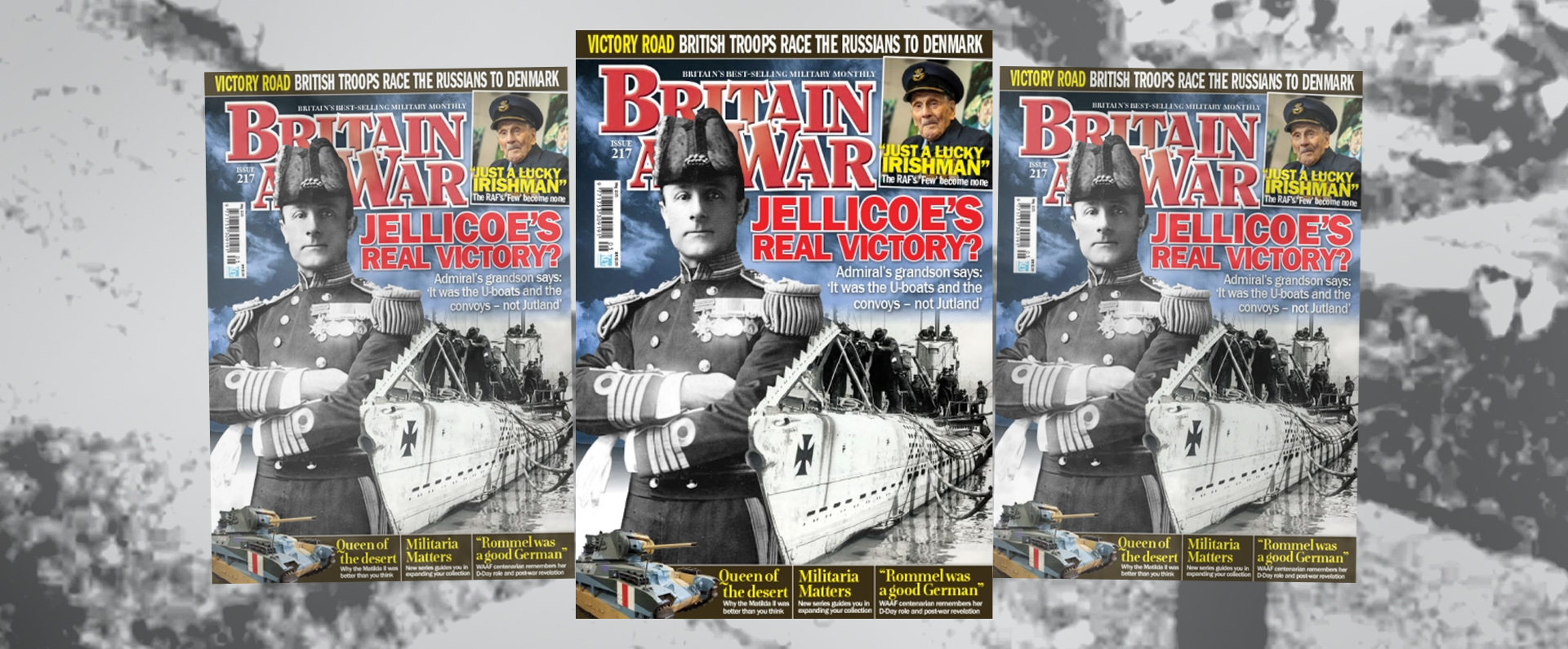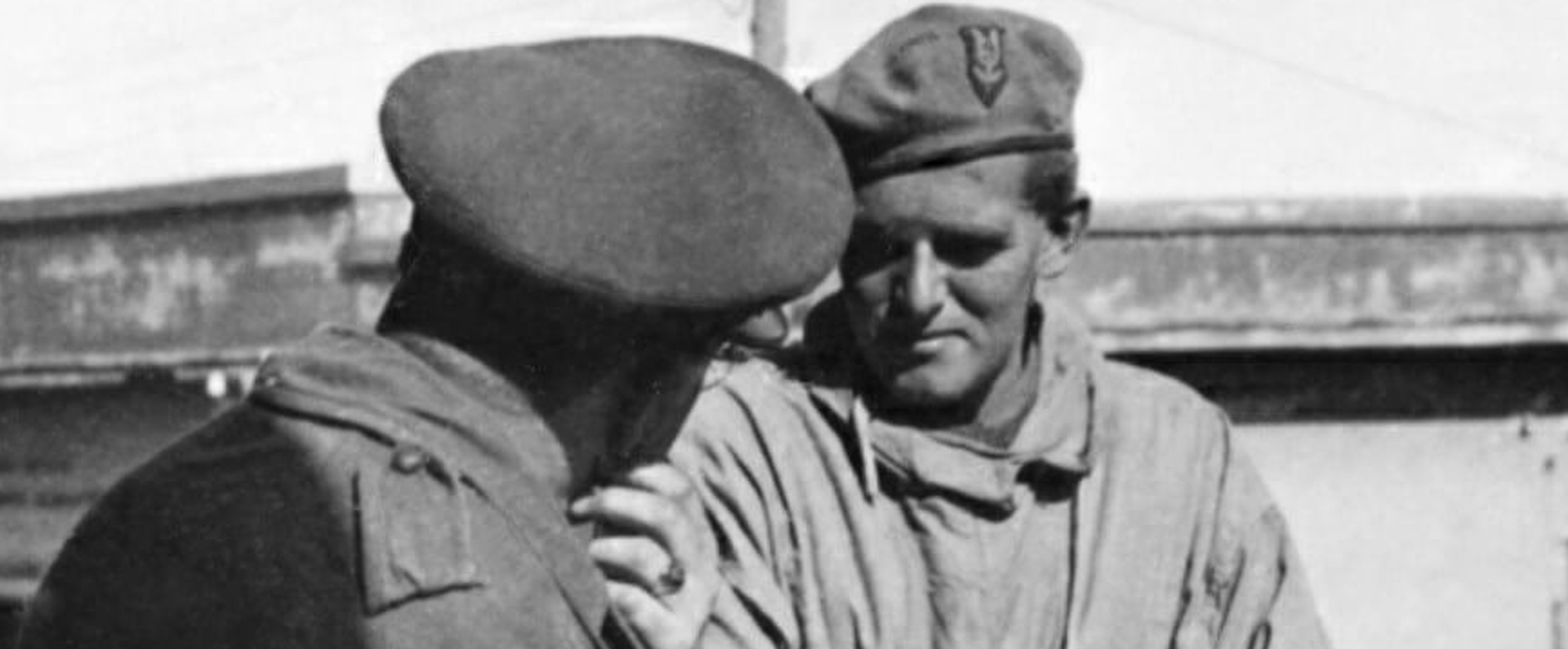
One of the numerous pleasures that have resulted from my long fascination with bravery is meeting so many courageous people.
By assembling the world’s largest collection of VCs over the past 25 years and through writing three books on gallantry, I have repeatedly come into contact with former and serving military personnel who have shown astonishing gallantry in the most difficult of circumstances. To a man, they tend to be inspirational characters and modest with it.
Sadly, I never met Staff Sergeant Olaf ‘Oz’ Schmid but I studied his Army career as part of the research for my latest book, George Cross Heroes. Over the past year, I have also got to know – and admire – his widow, Christina, who was kind enough to write the foreword to the book.
When servicemen – and women – die in action, their superiors understandably tend to say complimentary things about them. However, the tributes paid to Staff Sergeant Schmid – who died in 2009 while dealing with an Improvised Explosive Device (IED) in Afghanistan – went far beyond anything that I can recall from a Commanding Officer before or since.
Lieutenant Colonel Robert Thomson, the Commanding Officer of 2 Rifles Battle Group, praised the bomb disposal expert, who served with the Royal Logistic Corps, after Staff Sergeant Schmid had time and again risked his life to protect others.
Lieutenant Colonel Thomson said: ‘Staff Sergeant Oz Schmid was simply the bravest and most courageous man I have ever met. Under relentless IED and small-arms attacks he stood taller than the tallest…Superlatives do not do the man justice. Better than the best. Better than the best of the best.’
Can anyone really argue that we, as a nation, do not owe a duty of care to courageous servicemen like Staff Sergeant Schmid? And if they die serving Queen and country, do we not also have a similar duty of care for their next of kin?
It is because I regard the members of our Armed Forces as special individuals, who collectively make a special case, that I have campaigned in recent weeks for the military covenant – the nation’s promise that troops will be cared for in return for the sacrifices they make – to be enshrined in law.
This week the Government, after initially dragging its heels, finally announced in the House of Commons that the unique service given by members of our Armed Forces will be publicly recognised as part of new legislation.
Over the past decade, in particular, British military personnel have been consistently asked to display great courage in a series of global conflicts, including Iran, Afghanistan and, most recently Libya. If we repeatedly ask our servicemen to risk their lives, then we have a responsibility to look after them to the best of our ability – during and after their time in the military. The simplest and most effective way of doing this is for the military covenant to be written into law.
On the frontline, members of our Armed Services deserve the best military equipment. If they are badly injured in action, they deserve priority access to the best NHS treatment. Similarly, they and their families deserve priority access to housing, school places, and the like.
Many military personnel do not come to the end of their military service unscathed – either physically or mentally – by what they have been through. A recent report by the National Association of Probation Officers revealed that up to 25,000 former servicemen are homeless, mentally ill or in the criminal justice system ‘because of a failure to adjust to civilian life’.
I commend others who have joined with me to have the military covenant included as part of the Armed Forces Bill. Such campaigners include the News of the World, the Royal British Legion and Christina Schmid.
At present, Britain is gripped by an unprecedented recession and massive cuts in public spending. However, David Cameron knew this when he promised last year – just 45 days after becoming Prime Minister – that the military covenant would be written into law.
Now that the Government has finally honoured its pledge, Staff Sergeant Schmid and others who have sacrificed their lives carrying out their military service will, unfortunately, not be among those to benefit from the announcement.
However, a wrong has been righted and our servicemen will know in future that, while they risk life and limb, their country is genuinely concerned for the welfare of them and their families.
In recent years, I have increasingly seen it as my duty to champion bravery, donating £5 million so that a gallery could be built at the Imperial War Museum in London to display my record number of VCs and those already in the care of the museum itself.
Only two weeks ago, I disclosed that I had given £1 million to enable work to begin immediately in London on the Bomber Command Memorial. My donation – along with substantial and generous gifts from others – has meant the permanent memorial to our Second World War heroes will be completed within a year.
One thing is certain: I will continue to campaign against any injustice that affects members of our Armed Forces: they are brave men – and women – who undoubtedly deserve the best.



